How To Change A Habit By Realizing Our Luxuries
HOW TO CHANGE A HABIT BY REALIZING OUR LUXURIES (ISSUE 65)
By Diane Gold
How many of us think about how to change a habit? Most of us at 1 time or other, I’d venture to say. At these times, we are focused on ourselves, our frustrations, our strengths, the habits we have created for ourselves and our dreams.
 I was thinking about the studies I read, the nutrition I study and have access to, the articles I write on how to lead a better life through no stress, better habits and good times. When all of a sudden, I realized that the techniques I write about are luxurious. Meaning able to be executed because of our luxury. I knew it was time to focus on some of those luxuries that we take for granted.
I was thinking about the studies I read, the nutrition I study and have access to, the articles I write on how to lead a better life through no stress, better habits and good times. When all of a sudden, I realized that the techniques I write about are luxurious. Meaning able to be executed because of our luxury. I knew it was time to focus on some of those luxuries that we take for granted.
To see what I’m talking about, consider:
1) how inconsequential it is to have a neighborhood store that carries flax seed if we don’t know that 1 TBS. of ground flax seed will give us a perfect¬¬ 4 to 1 ratio of Omega 3 (alpha-linoleic) essential fatty acid to Omega 6 (linoleic) essential fatty acids or
2) how stress relieving tai chi movement is if we are not permitted to engage in movement.
_____
Here are 7 categories of luxury. Most of us don’t consider 4 of them to be luxury. We take them for granted. All 7 are part of the luxury package needed in order to create and change habits we accumulate that are not necessities. Let’s consider them.
NUTRITION & WATER
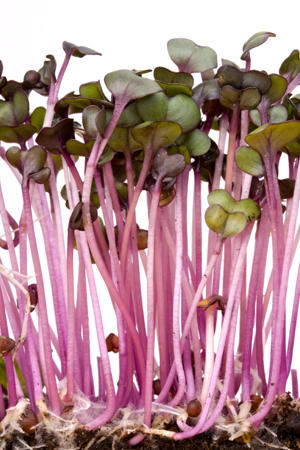 Almost 1 billion people do not get the correct quantity or balance of food worldwide. Often lack of protein is targeted as responsible, rather than lack of education needed for healthy plant-based eating.
Almost 1 billion people do not get the correct quantity or balance of food worldwide. Often lack of protein is targeted as responsible, rather than lack of education needed for healthy plant-based eating.
According to stopthehunger.com, $100 million of food was bought an thrown away today in the United States. This amount would more than cover the $30 million cost of feeding the entire world’s hungry for the day (the difference between $100 and $30 million would cover the cost of administration and transportation to get the food to the hungry). Another interesting fact is that $150 million was spend today on weight loss programs in the United States.
There are 750 million people with no safe drinking water.
CLOTHING
Rumi, philosopher and poet from Persia said,
“I have seen so many people on whom there were no clothes; and I have seen so many clothes in which there were no people.”
Obviously, some of us have 100 things to wear, and some people have none.
Rumi is from the 13th century. Not much seems to have changed in the way of haves and have-nots.
SHELTER
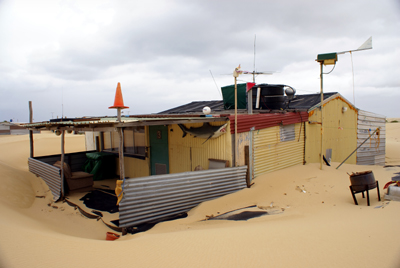 There are so many different levels of having shelter. Some of us used to have a tin house that was washed away by a hurricane. Others of us have a small apartment. And others own several palatial homes in different parts of the world. Whatever we have, it is a gift. Especially if we can actually be comfortable in it.
There are so many different levels of having shelter. Some of us used to have a tin house that was washed away by a hurricane. Others of us have a small apartment. And others own several palatial homes in different parts of the world. Whatever we have, it is a gift. Especially if we can actually be comfortable in it.
I remember the movie, The Ron Clark Story, about an elementary school teacher who was determined to raise the grade point averages of his inner city Harlem students by raising their self-esteem. He arranged to take them to South Africa to visit South African students. Ron’s kids saw gratitude and joy in the South African kids who had no cafeteria, 1 teacher, no bathroom, other than an outhouse, a 1-room school and 80 kids per class. These kids took nothing for granted and opened the eyes of Ron’s kids from Harlem to how joyous life can be with the right perspective.
EDUCATION
With education, we can learn to eat, drink, grow, produce and live according to the latest discoveries, both medical and production. There are those who believe living the simple, natural life is more advanced than the “civilized” life with education.
Some type of education, whether it is passed on by the generations or in a formal classroom in a school, can help us learn many things to further our lives, such as the value of the flax seed (mentioned earlier), which we might choose for nutrition and longevity, if we knew its benefit.
PEACE & FREEDOM
September 11, 2001 in the United States was the first time many civilians ever experienced an act of war. Yes, I do remember the results of the Vietnam War on several classmates and the nation, but it was not part of my home life.
Many, many people experience war on a daily basis, whether it is guns in the streets due to gang crime and drugs in the neighborhood or guns on every shoulder due to civil or religious war. As we listen to our friends tell their stories of war, do we imagine how we would have pulled through?
 Not to get gushy, but, the 1 thing the United States offers is a special array of freedoms. True, we have a little imbalance of power, from time to time, when it comes to the corporation vs. the individual. But, mostly, we have the largest vat of freedom in the world. Not to be taken lightly.
Not to get gushy, but, the 1 thing the United States offers is a special array of freedoms. True, we have a little imbalance of power, from time to time, when it comes to the corporation vs. the individual. But, mostly, we have the largest vat of freedom in the world. Not to be taken lightly.
FINANCIAL POSITION
Whether or not we have a way to sustain our lives and those of our families is often on everyone’s mind. I always say,
“Money is not important unless we don’t have it.”
A huge percentage of the world’s citizens have far less financial backing than makes them comfortable. If we have even a little security, this is a big thing. Most have none.
TIME FOR PERSONAL GROWTH
Time has to do with all the other categories. The better our circumstance, the more time we could have. Many of us work from 9 to 5 every day for 40 years. Others in the world started working 16 hour days from the age of 7. And are still working at the same position 60 years later. When we think about these different scenarios, time takes on a new meaning. We often think about time and how much of it we have. Do we spend it wisely if we have a choice?
ACTION STEPS
1) NUTRITION & WATER ACTION STEP
Consider the beauty of enough food and water. Give some away on a daily basis instead of eating too much or just to be nice. Daily for a week to see if you like doing it.
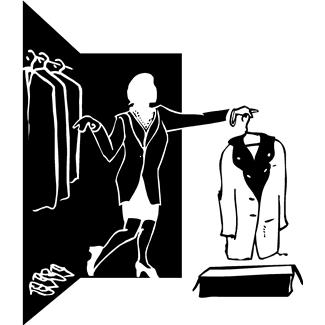
2) CLOTHING ACTION STEP
If you have enough, give away an outfit of clothing. Pick something you like, and remember your great fortune in having enough.
3) SHELTER ACTION STEP
Keep your place neat and clean in honor of the fact that you have a place to live. Put something cool on the wall to make it homey so you can enjoy working on yourself there.
4) EDUCATION ACTION STEP
We all know something. Why not take on a student, and teach what you know. The teaching experience can change a life. It can also help us change habits. Better to be doing peer or student tutoring than to be hanging out on the corner.
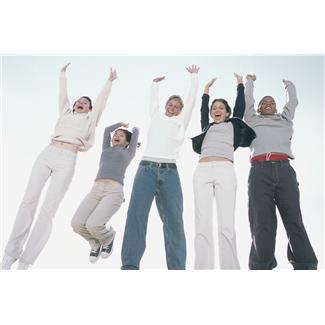 5) PEACE & FREEDOM ACTION STEP
5) PEACE & FREEDOM ACTION STEP
If you are reading this, you are probably not at war. Take a moment to realize this good fortune, and use the gratitude to step forward into a new habit and out of an old.
Bonus: go forgive someone.
6) FINANCIAL POSITION ACTION STEP
There’s a time and a place to think about finances. Pick a 15-minute time slot per day in which you can think about your finances. Same time every day for at least a week. Think everything you want in that time.
For the rest of the day, put it aside. Laugh at yourself and relax, knowing you have your time slot in which to do your financial position thinking, so you will have success with working on goals the rest of the day. Make an adjustment if your day is comprised of financial decisions, but, if it is, take time out.
7) TIME ACTION STEP
Create an extra 5-minute time slot every day for a week. How? By being more organized. In that 5 minutes, listen to music and dance, do tai chi, run around your house/building/farm to focus on the habit you wish to change.
_____
CONCLUSION
Look at the good and use it to reach your aspirations. As we change, so will our need to change our habits. Go with the flow, and be true to what supports us at the time. Habits are like inertia. Once we get going, we will have little trouble continuing to go toward whatever it is we want.
FEEDBACK
Please leave a comment and LIKE.
DIANE GOLD, AUTHOR
Diane Gold, Founder of Warriors of Weight, Turning Habits Into Health, is a mentor in tai chi, kung fu and meditation, a music, fitness and stress expert, dedicated mom, studying plant-based nutrition.
She is extremely grateful that not a day goes by where she doesn’t realize how lucky she is. She says,
“We can use our good fortune to mold the most creative, productive, meaningful life for ourselves and others. No matter how big or small it is.
“Once we recognize how to see abundance, the smallest morsel is not only enough but it is vast.”
}

 Habits, as we know if we think about them, are patterns of behavior reinforced through repetition until they are almost involuntary action. Here’s a short list of these responses: eating oily, salty or sugary snacks to satisfy a food craving; verbally reacting to a child because that’s how we were raised; using mind/body-altering substances (prescribed or not) because we are tired, bored, nervous or emotional; shutting down our emotions because it’s safer than experiencing pain; acting out anger when someone challenges us; eating processed, unhealthy foods to escape; meditating before breakfast; brushing our teeth; taking our shoes off before we enter a residence; swimming after work; praying
Habits, as we know if we think about them, are patterns of behavior reinforced through repetition until they are almost involuntary action. Here’s a short list of these responses: eating oily, salty or sugary snacks to satisfy a food craving; verbally reacting to a child because that’s how we were raised; using mind/body-altering substances (prescribed or not) because we are tired, bored, nervous or emotional; shutting down our emotions because it’s safer than experiencing pain; acting out anger when someone challenges us; eating processed, unhealthy foods to escape; meditating before breakfast; brushing our teeth; taking our shoes off before we enter a residence; swimming after work; praying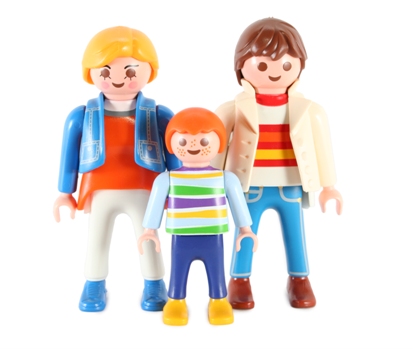 Because we are all so universally tied to habits and we all have them, WarriorsOfWeight.com now honors moms, daughters, fathers, sons, teen girls, teen boys, grandparents in focusing on and educating about Turning Habits Into Health and discussing all the astounding techniques to help each one of us along the way.
Because we are all so universally tied to habits and we all have them, WarriorsOfWeight.com now honors moms, daughters, fathers, sons, teen girls, teen boys, grandparents in focusing on and educating about Turning Habits Into Health and discussing all the astounding techniques to help each one of us along the way. Whether we speak about personal development techniques like tai chi, free dance techniques, music and its effects on balance, involvement in social change to get us personally where we want to be or the science of proper nutrition to maximize our bodies;
Whether we speak about personal development techniques like tai chi, free dance techniques, music and its effects on balance, involvement in social change to get us personally where we want to be or the science of proper nutrition to maximize our bodies;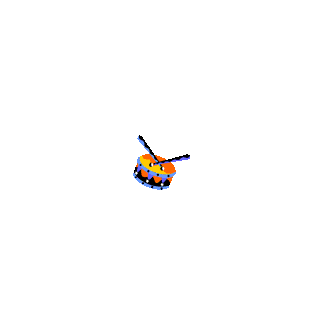 Turning
Turning 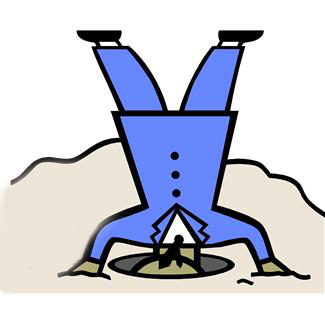 So what are the ways to make this miraculous change in habit? Do we have to turn ourselves inside out?
So what are the ways to make this miraculous change in habit? Do we have to turn ourselves inside out?


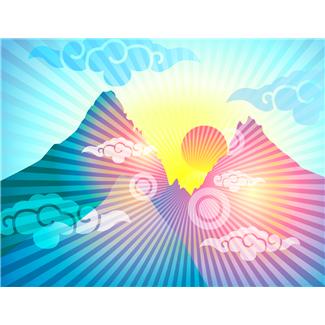
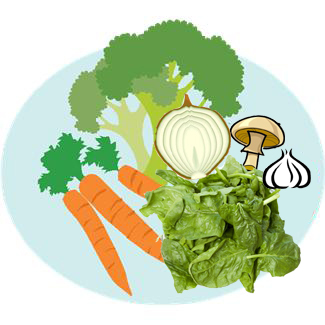 1)
1)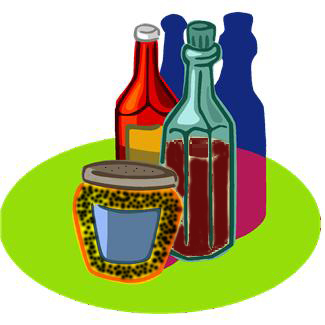 6)
6)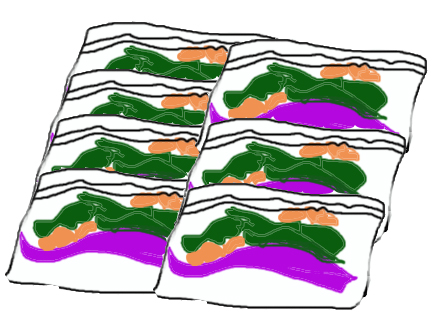 9)
9)
 Did you know that a huge amount of our world population does not have enough water or has to walk to get it? According to Kathleen Parker’s article, quoting Charles Fishman’s The Big Thirst (on my pending reading list), we, Westerners, use 18.5 gallons a day flushing our toilets while there is only 1/100th of 2.5 percent fresh water on the planet or, if the oceans were broken down into mass, 2.5% of the Earth’s mass. Not a lot.
Did you know that a huge amount of our world population does not have enough water or has to walk to get it? According to Kathleen Parker’s article, quoting Charles Fishman’s The Big Thirst (on my pending reading list), we, Westerners, use 18.5 gallons a day flushing our toilets while there is only 1/100th of 2.5 percent fresh water on the planet or, if the oceans were broken down into mass, 2.5% of the Earth’s mass. Not a lot.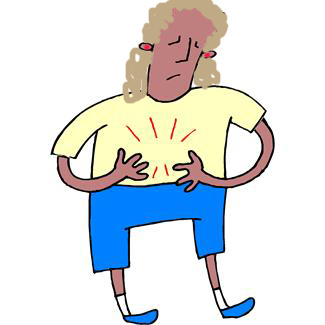 Let’s look at what happens when we start to feel the twinges of hunger. These urges might be immediately after eating, 10 minutes after eating, an hour after, 3 hours apart or more. The amount of time between cravings is a non-judgmental number. The craving begins as an itch, which shows up when it shows up. If we don’t judge ourselves, we won’t be judged! Its intensity determines the level of self-control we need to master it.
Let’s look at what happens when we start to feel the twinges of hunger. These urges might be immediately after eating, 10 minutes after eating, an hour after, 3 hours apart or more. The amount of time between cravings is a non-judgmental number. The craving begins as an itch, which shows up when it shows up. If we don’t judge ourselves, we won’t be judged! Its intensity determines the level of self-control we need to master it. 3)
3)
 After we begin, it will be get much easier for us to recognize and acknowledge it when we have a food urge. Whereas before, we might have felt we had to sneak to eat, we will no longer have to sneak, since our first line of food defense can be healthy, wonderful water. Whereas before, we might have felt guilty for eating mindlessly, we can feel pride because we are eating as part of a technique.
After we begin, it will be get much easier for us to recognize and acknowledge it when we have a food urge. Whereas before, we might have felt we had to sneak to eat, we will no longer have to sneak, since our first line of food defense can be healthy, wonderful water. Whereas before, we might have felt guilty for eating mindlessly, we can feel pride because we are eating as part of a technique.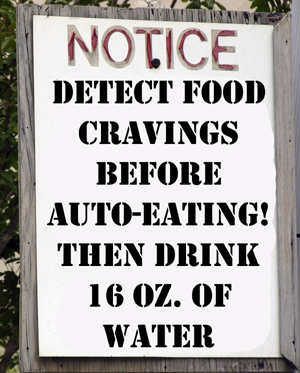 The act of making change takes time and effort. That includes water for weight loss. The biggest effort is in training the mind (changing a habit) that when we have a food craving, we need to embrace it. We need to drink 16 oz. of water, slowly. This is great in theory, but…
The act of making change takes time and effort. That includes water for weight loss. The biggest effort is in training the mind (changing a habit) that when we have a food craving, we need to embrace it. We need to drink 16 oz. of water, slowly. This is great in theory, but…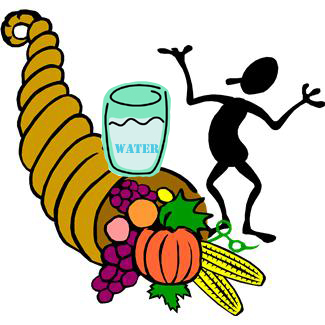 For those of us in the United States and some other countries, we can be extra thankful that we do have water readily available. 2/3 of world families do not (National Geographic Society Geography Awareness Week, 2010). They have to walk to get their water; they have to transport it on shoulders, backs or holding buckets.
For those of us in the United States and some other countries, we can be extra thankful that we do have water readily available. 2/3 of world families do not (National Geographic Society Geography Awareness Week, 2010). They have to walk to get their water; they have to transport it on shoulders, backs or holding buckets.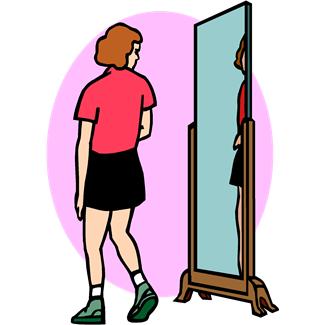 Before we talk about food cravings and how to maximize them for health, I’d like to say that this article is about FAITH, not faith in someone or something else, but faith in ourselves that we may not be able to see yet. It is similar to that faith that many people attribute to a supreme entity; yet, we are going to use faith in ourselves for this lesson.
Before we talk about food cravings and how to maximize them for health, I’d like to say that this article is about FAITH, not faith in someone or something else, but faith in ourselves that we may not be able to see yet. It is similar to that faith that many people attribute to a supreme entity; yet, we are going to use faith in ourselves for this lesson.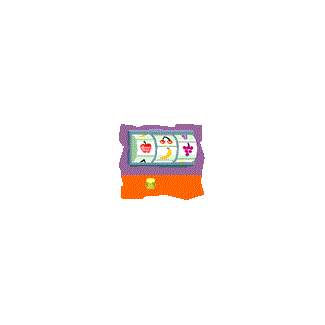 4) We are risk takers, and, like the casino gambler, we bet that eating healthier foods and amounts tomorrow is reason enough for us to gamble with our health and maintain our same habits now.
4) We are risk takers, and, like the casino gambler, we bet that eating healthier foods and amounts tomorrow is reason enough for us to gamble with our health and maintain our same habits now. Think of a band member who is playing the wrong note because she has gotten used to playing that particular note and even enjoys how it sounds. When her band leader corrects her, she will have to change her habit to balance the group. In order to keep her job and continue playing the music that she loves, she will make the change.
Think of a band member who is playing the wrong note because she has gotten used to playing that particular note and even enjoys how it sounds. When her band leader corrects her, she will have to change her habit to balance the group. In order to keep her job and continue playing the music that she loves, she will make the change.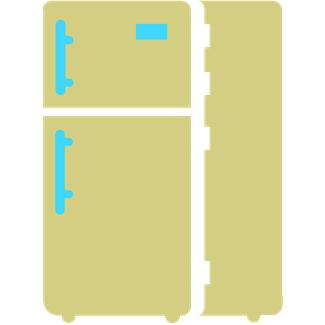
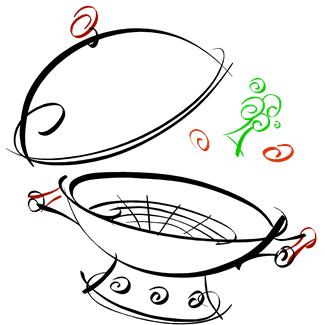 2)
2) 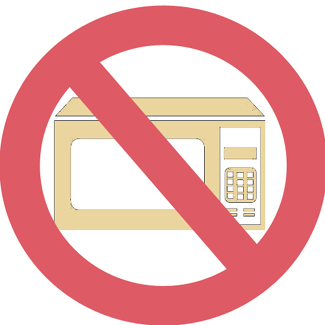 Microwave ovens rob nutrients from our food, and stoves take longer than our craving will wait. Eventually, when we have changed our habit from “cue to instant eating” to “cue to patience to eating healthily,” warming our veggies may be an option.
Microwave ovens rob nutrients from our food, and stoves take longer than our craving will wait. Eventually, when we have changed our habit from “cue to instant eating” to “cue to patience to eating healthily,” warming our veggies may be an option. The weight loss goal is huge because it relates to almost every aspect of our everyday lives. Often times, we have to change many behaviors of our eating process in order to change 1: the way we move, the way we rest and the restaurant or food preparation routines we have grown to love.
The weight loss goal is huge because it relates to almost every aspect of our everyday lives. Often times, we have to change many behaviors of our eating process in order to change 1: the way we move, the way we rest and the restaurant or food preparation routines we have grown to love.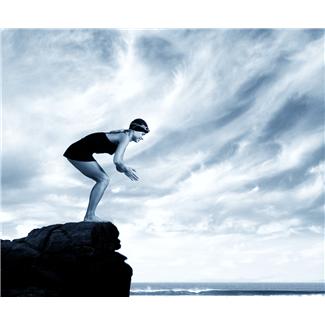 I know it always takes me a few minutes to process the possibility of change, a few minutes to get used to the idea and another several minutes to accept the change. This usually takes a good 30 minutes. It’s very comforting to watch myself through this process. I usually laugh at myself during it, as I am so predictable to myself. Luckily for me, because of my mother’s bright attitude and the practicality for which my martial arts work has prepared me, I always, and I mean always, end up looking for the good in the crossroads.
I know it always takes me a few minutes to process the possibility of change, a few minutes to get used to the idea and another several minutes to accept the change. This usually takes a good 30 minutes. It’s very comforting to watch myself through this process. I usually laugh at myself during it, as I am so predictable to myself. Luckily for me, because of my mother’s bright attitude and the practicality for which my martial arts work has prepared me, I always, and I mean always, end up looking for the good in the crossroads.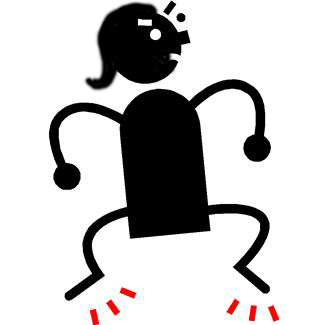 1) We can rebel and stomp our feet at our new situation. If we turn music on and stomp to it, we can turn our reaction into a totally therapeutic action. Verbalizing to the music helps us to accept the change, too, as is done in improv or rap.
1) We can rebel and stomp our feet at our new situation. If we turn music on and stomp to it, we can turn our reaction into a totally therapeutic action. Verbalizing to the music helps us to accept the change, too, as is done in improv or rap.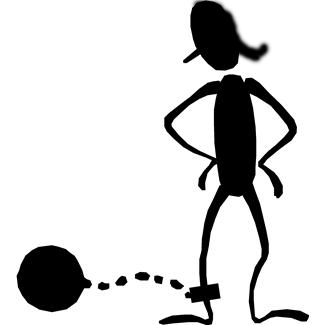
 3) We can remain calm, ask for help if we need it and look at the pros of our new situation. Of course, it’s always good to be balanced and positive. Not always easy and not always sensible. It always pays to stay aware and focused.
3) We can remain calm, ask for help if we need it and look at the pros of our new situation. Of course, it’s always good to be balanced and positive. Not always easy and not always sensible. It always pays to stay aware and focused.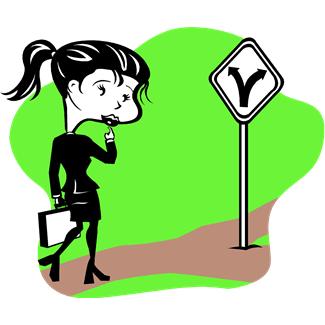 Pick 1)(a) or 1)(b) to start.
Pick 1)(a) or 1)(b) to start.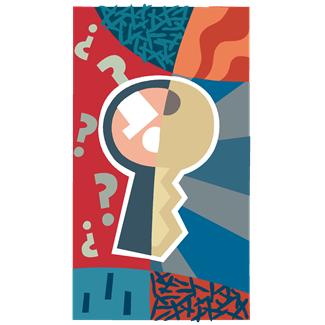 Life is full of crossroads. They always show up, in our personal lives and in our lives as global citizens. Every time we make a life decision, we are at a crossroads. Every time we vote, we are at a crossroads. We can look at our choices as necessary steps leading us forward. We can also savor the opportunities they bring and use the pro and con method to ensure that we come to the most efficient understanding of our crossroads as they arrive.
Life is full of crossroads. They always show up, in our personal lives and in our lives as global citizens. Every time we make a life decision, we are at a crossroads. Every time we vote, we are at a crossroads. We can look at our choices as necessary steps leading us forward. We can also savor the opportunities they bring and use the pro and con method to ensure that we come to the most efficient understanding of our crossroads as they arrive. Appetite is a tricky thing. It depends upon the interplay of hormones, insulin, activity, fatigue and our personal control.
Appetite is a tricky thing. It depends upon the interplay of hormones, insulin, activity, fatigue and our personal control. I’ve seen people working on behalf of others where their work has taken away the urge to overeat, the urge to smoke, the urge to drug (although there are physical side effects when we change some habits). Saving Others And Our Planet is phenomenal.
I’ve seen people working on behalf of others where their work has taken away the urge to overeat, the urge to smoke, the urge to drug (although there are physical side effects when we change some habits). Saving Others And Our Planet is phenomenal. Before we look at the ways to get involved, let’s look at the 3 things that change us and, ultimately, change our relationship with our appetite.
Before we look at the ways to get involved, let’s look at the 3 things that change us and, ultimately, change our relationship with our appetite. The secret is that our self-esteem increases as we feel all the fullness and the good feeling from reduced appetite. We are happy to make more of an effort to succeed at our food plan when we look better in our eyes, we feel better from eating less because of the spiritual/emotional fullness and the metabolic boost and we actually are better because of the healthier way we have been living.
The secret is that our self-esteem increases as we feel all the fullness and the good feeling from reduced appetite. We are happy to make more of an effort to succeed at our food plan when we look better in our eyes, we feel better from eating less because of the spiritual/emotional fullness and the metabolic boost and we actually are better because of the healthier way we have been living. We can donate $10 to a charity by mobile phone should we use a major carrier. I learned today that we can even pick a specific micro-loan project and donate once.
We can donate $10 to a charity by mobile phone should we use a major carrier. I learned today that we can even pick a specific micro-loan project and donate once. Donating money is fantastic. It allows us to become bigger than ourselves. The fact that we are doing it regularly connects us to the cause itself.
Donating money is fantastic. It allows us to become bigger than ourselves. The fact that we are doing it regularly connects us to the cause itself. In December 3rd’s article, The Peace Process: A Step-By-Step Formula, we talked about being able to understand conflicting views and really listening to the answers. Action steps were offered which included speaking with the 2 members of opposing geo-politico-religious sides and, by doing so, earning the trust of each.
In December 3rd’s article, The Peace Process: A Step-By-Step Formula, we talked about being able to understand conflicting views and really listening to the answers. Action steps were offered which included speaking with the 2 members of opposing geo-politico-religious sides and, by doing so, earning the trust of each.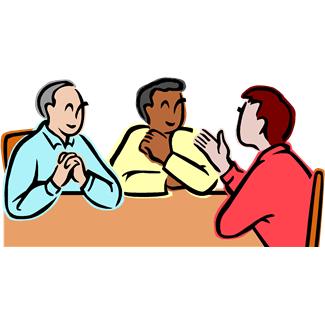 So Phase 2 has to be about creating a discussion between a neutral person and 2 participants on the same side, with 1 of those agreeing to role play a member of the opposite side: Phase 2 of the Peace Process Formula.
So Phase 2 has to be about creating a discussion between a neutral person and 2 participants on the same side, with 1 of those agreeing to role play a member of the opposite side: Phase 2 of the Peace Process Formula. It is necessary for each side of a conflict to trust the moderator, mediator, arbitrator, counselor.
It is necessary for each side of a conflict to trust the moderator, mediator, arbitrator, counselor.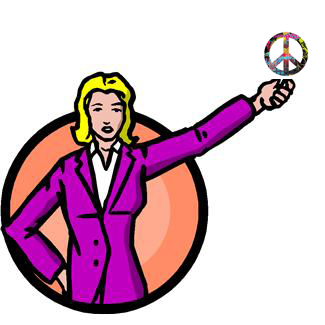

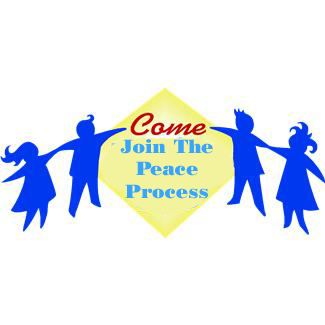
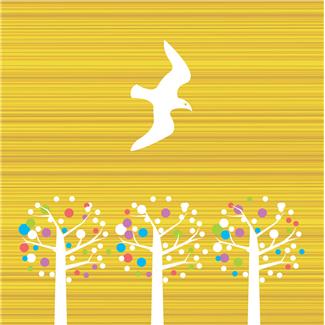 The peace process is a methodical, step-by-step method that needs simple, focused attention and caring patience. Since we humans can truly focus in on only 1 activity at a time (even though we are a society of multitaskers), when it comes right down to it, when we target our attention in 1 place, it cannot be in another place at that very moment.
The peace process is a methodical, step-by-step method that needs simple, focused attention and caring patience. Since we humans can truly focus in on only 1 activity at a time (even though we are a society of multitaskers), when it comes right down to it, when we target our attention in 1 place, it cannot be in another place at that very moment.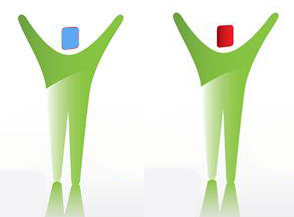 In the article, Peace And Prejudice, from June 4 of this year, we talk about how looking at the sameness in human beings can lead us to harmony and tolerance. I have said many times as has Charles Duhigg in his book, The Power Of Habit, that, in order to stop manifesting an old behavior, we have to learn and act out a new one.
In the article, Peace And Prejudice, from June 4 of this year, we talk about how looking at the sameness in human beings can lead us to harmony and tolerance. I have said many times as has Charles Duhigg in his book, The Power Of Habit, that, in order to stop manifesting an old behavior, we have to learn and act out a new one. Another example, that I do not know firsthand, is how quickly we transform from civilian to soldier. One minute, we have a no combat life. The next, we are in a war.
Another example, that I do not know firsthand, is how quickly we transform from civilian to soldier. One minute, we have a no combat life. The next, we are in a war.

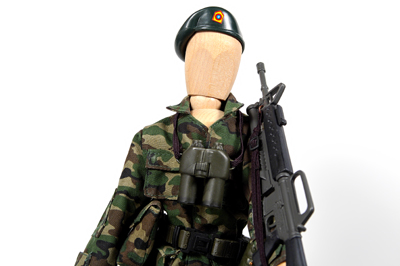

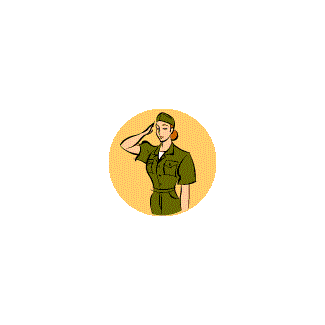 6)
6)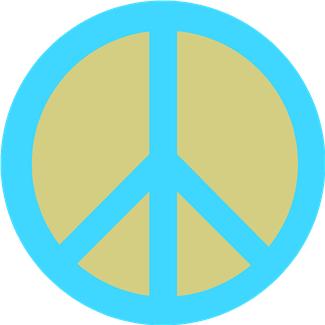
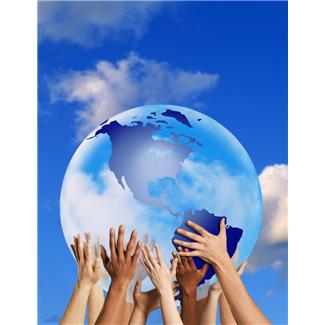
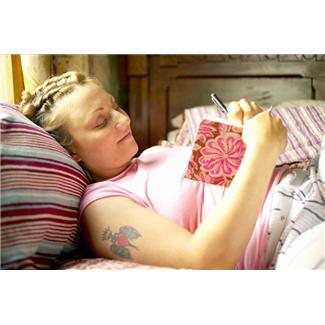 Did you ever think about Writing For Weight Loss or any other reason and the benefits writing can have on our habits and our lives?
Did you ever think about Writing For Weight Loss or any other reason and the benefits writing can have on our habits and our lives?
 The very act of sitting down to write takes us away from the refrigerator, the candy store, the menu for pizza. It should be a spot away from distraction and food, a place where we would have to be inconvenienced to get up and get food should we get the urge.
The very act of sitting down to write takes us away from the refrigerator, the candy store, the menu for pizza. It should be a spot away from distraction and food, a place where we would have to be inconvenienced to get up and get food should we get the urge. “Why did you teach someone to read?”
“Why did you teach someone to read?”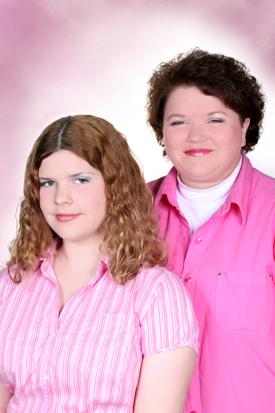 OUR GREATEST PASSION
OUR GREATEST PASSION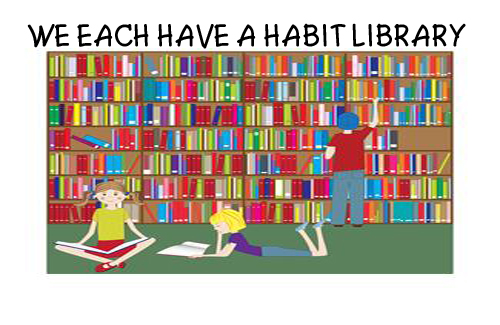 “…subconscious mechanisms…impact the countless choices that seem as if they’re products of well-reasoned thought, but actually are influenced by urges most of us barely recognize or understand,”
“…subconscious mechanisms…impact the countless choices that seem as if they’re products of well-reasoned thought, but actually are influenced by urges most of us barely recognize or understand,”





